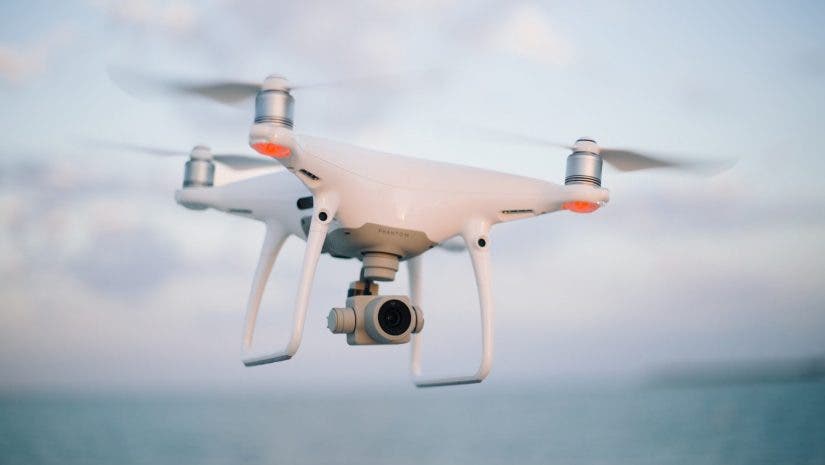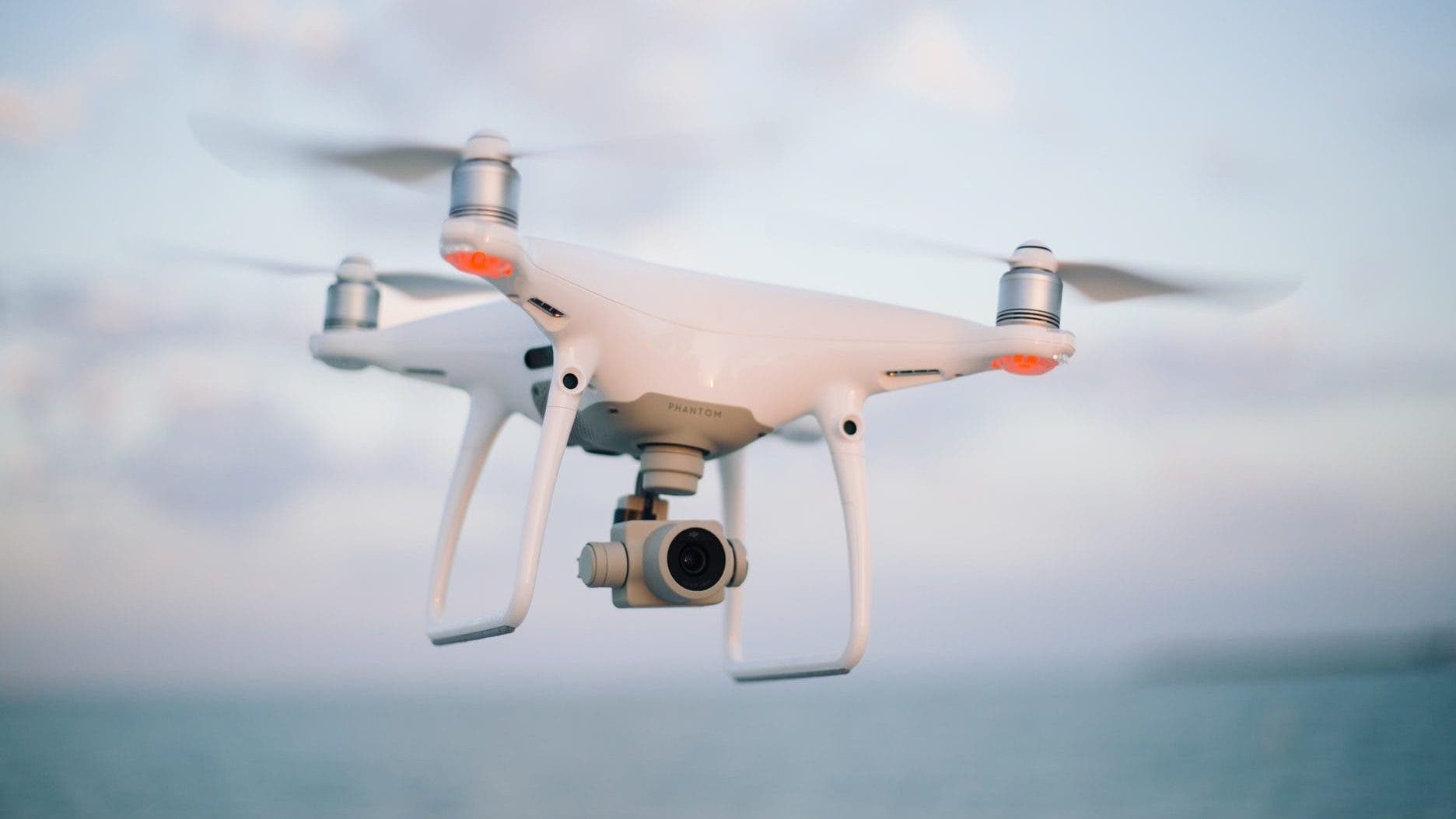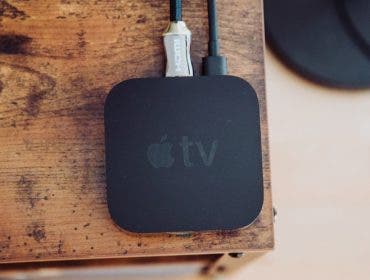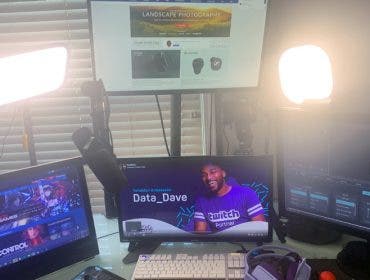Drones, also known as uncrewed aircraft systems (UAS), have grown rapidly in popularity in the last few years. You can use yours to record compelling and unique videos, take epic photos, and when paired with VR goggles, enjoy adrenaline-pumping excitement while racing. There are restrictions to know and drone registration processes to complete before you take off, though.
Here’s what you need to know to get started with the Federal Aviation Administration (FAA) drone registration.
Do you have to register your drone with the FAA?
You just got your new drone and you might be asking yourself, “Do I need to register my drone?”. Typically, the answer is yes. Unless your drone weighs less than 0.55 pounds (or 250 grams), all drones must be registered with the FAA, regardless if you are flying recreationally or commercially.
Recreational drone pilots flying drones under 55 pounds must register their drone with the FAA at FAA DroneZone and pass the Recreational UAS Safety Test (TRUST) online for free, before flying recreationally,
Commercial drone pilots flying drones under 55 pounds must register their drone with the FAA at FAA DroneZone and pass the paid, proctored, part 107 Small Unmanned Aircraft Systems test in person, at a specific FAA testing site, before flying commercially.
What happens if you don’t register your drone with the FAA?
The FAA makes it clear: “Failure to register a drone that requires registration may result in regulatory and criminal penalties. The FAA may access civil penalties up to $27,500. Criminal penalties include fines up to $250,000 and/or imprisonment for up to three (3) years.”
Punishment and penalties for not registering your drone over 0.55 pounds can be severe, regardless if you fly recreationally or commercially.
Is it worth registering a drone?
Registering a drone is both the responsible thing to do and is required by law.
If you plan to fly commercially for your business, registering your drone and receiving your Part 107 license will also open up the doors for bigger and better opportunities. Most clients will not work with unlicensed and unregistered pilots.
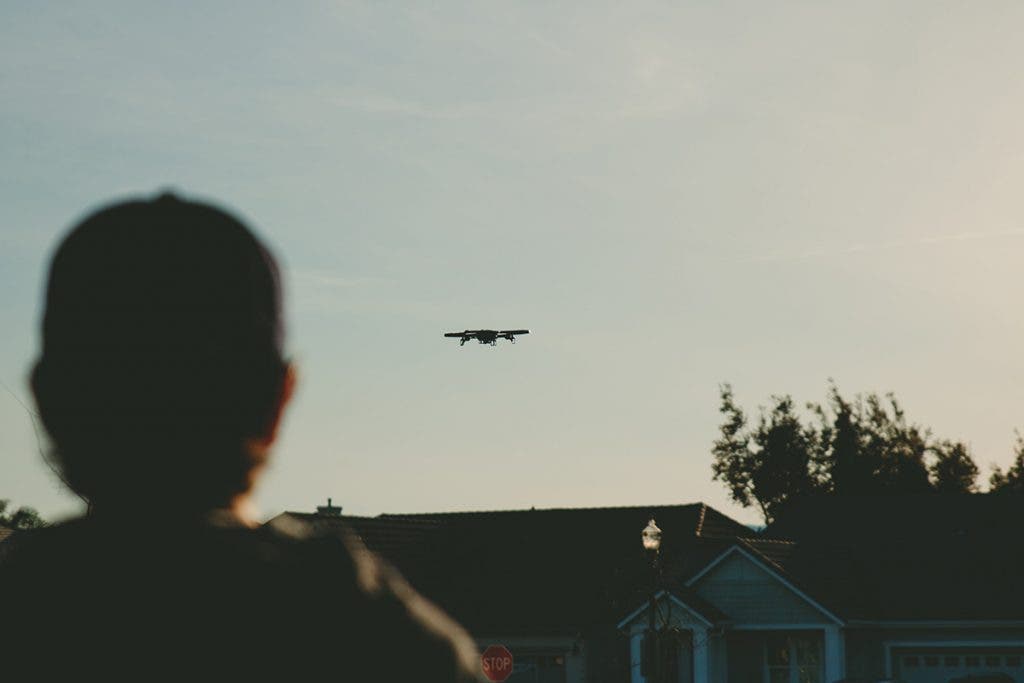
Drone Registration: What You Need to Know
How heavy is your drone?
Weight is the main factor in knowing whether or not you need to register your drone. Small drones, under 0.55 pounds or 250 grams, do not need to be registered. All drones over that weight, but below 55 pounds, always need to be registered.
If the drone is over 55 pounds, it’s considered a commercial drone and has different regulation. Those heavier commercial drones are beyond the scope of this guide.
Drone registration process
You’ll need to gather a few key pieces of information and a payment method for the drone registration process.
- Email address: You need a working email address that you check regularly to create your account and for communicating with the Federal Aviation Administration (FAA).
- Physical address: The registration form will ask for your mailing address.
- Make and model of your drone: This is to verify you’re registering under the correct category.
- Credit or debit card: The registration fee is $5 and good for three years.
There are a few other registration requirements, too.
- Age: You must be 13 years of age or older. Anyone younger needs someone older than 13 to register the drone for them.
- Citizenship: You must be a U.S. citizen or legal permanent resident.
Once you fill out the required forms, you’ll receive an FAA registration certificate. Keep this with you whenever and wherever you fly your drone. You’ll also get a registration number. Write it on your drone either on a label, with permanent marker, or by engraving it somewhere that’s easily visible.
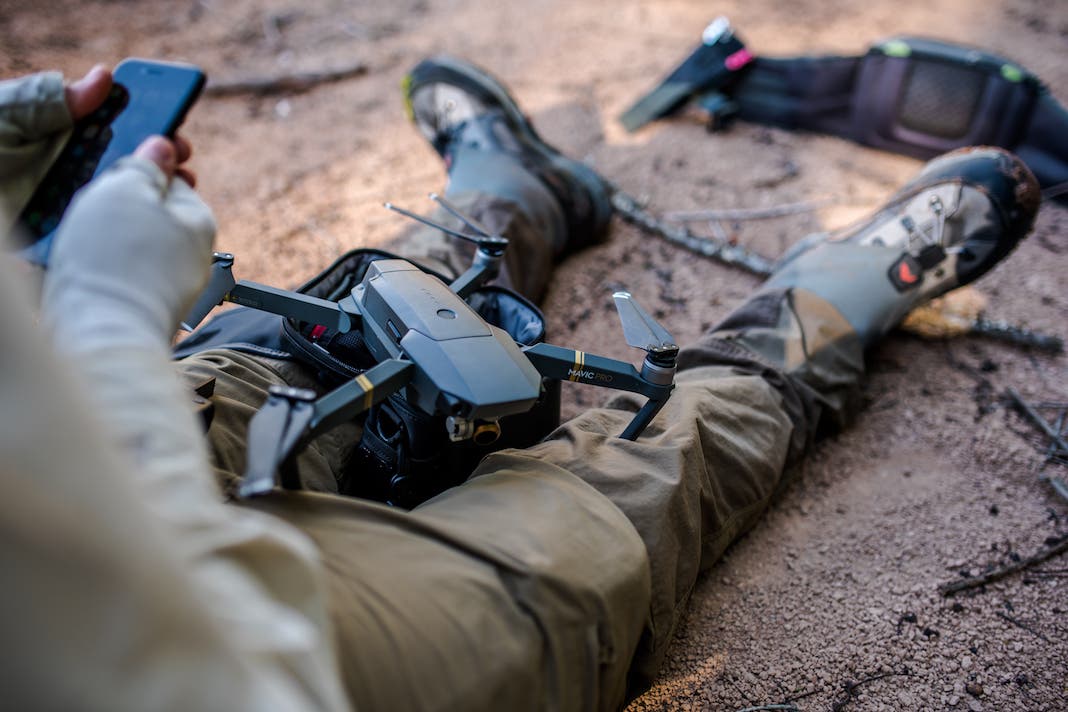
Are you flying for business or pleasure?
In addition to registering your drone, you need a separate drone operator license and obtain a remote pilot certificate if you plan to use it for commercial purposes. This includes making money with the drone directly (as a professional drone pilot) or indirectly (as part of your job). For the latter, an example is if you use your drone as part of your work as a surveyor or wedding photographer.
These licenses aren’t difficult to get, though you will need to pass a multiple choice exam through the Federal Aviation Administration on drone regulations, safety guidelines, air traffic, weather, and the general use of drones.
If your device weighs more than 0.55 pounds and is a recreational drone, you can register under the Exception for Recreational Flyers category at FAA.gov. This drone registration is for those who are strictly using theirs for recreational purposes and will never receive monetary or non-monetary compensation.
Where will you fly?
In addition to keeping the drone in your visual line of sight and below 400 feet, there are many other restrictions for where you can fly a drone, registered or not. This includes near airports, government buildings, and other controlled airspace. Check the B4UFLY app or UAS Facility Maps to find out where drone flight is legal. Flying your drone in restricted areas, even as a hobbyist, can result in criminal penalties.
Travel requirements
Registered or not, drones are restricted or forbidden in many national and state parks per state and federal laws. The reasons for this are varied, but they include noise complaints, safety issues, and fire prevention. The rules also aim to prohibit similar incidents caused by past inconsiderate drone pilots, including wildlife harassment and the destruction or defacing of monuments.
If you’re not sure, you can always check the park’s website for more info. In some cases, you may just need prior approval to fly your small unmanned aircraft.
If you’re traveling internationally, check local laws and also look into specific rules for your airline. Some countries ban drones outright, and most airlines have restrictions on where and how you can carry the batteries for a drone.
Whether you’re new to drones or want to upgrade your device, we have tons of drones and accessories to check out here at Adorama. Happy flying!
